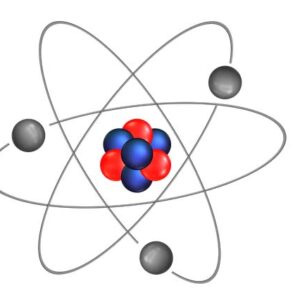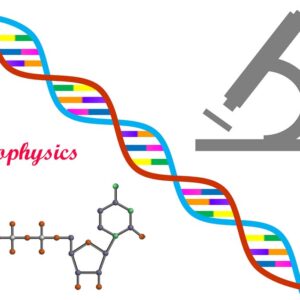There are many scientific disciplines, but a few of the most well-known ones are as follows:

- Physics: It is the study of matter and energy, including how they behave at the atomic and subatomic levels and how they interact with one another across the cosmos.
- Chemistry: It is the study of matter’s composition, structure, characteristics and reactions including how atoms and molecules behave.
- Biology: It is the study of living things and how they interact with one another and their surroundings. It covers the study of physiology, ecology, genetics and evolution.
- Geology: The study of the Earth, its composition, history and processes that shape its surface. This includes information on the planet’s structure, composition and history.
- Astronomy: The study of the cosmos, which includes the characteristics and actions of stars, planets, galaxies and other celestial objects.
- Meteorology: The study of the Earth’s atmosphere, which encompasses weather patterns, climate change causes and weather forecasting.
- Computer science: It is the study of computer systems and technology including their theory, design, development and use.
- Environmental science: It is the study of the natural environment including the interactions between living things and their surroundings as well as the effects of human activity.
- Psychology: The study of the mind and behaviour, which includes examining how individuals feel, think and act as well as the variables that affect these processes.
- Medicine: The study of illness prevention, diagnosis and treatment as well as health and wellbeing maintenance.
There are more branches of science such as engineering and mathematics therefore this is not a complete list. Many scientists work in numerous domains and these fields frequently overlap and are multidisciplinary.









